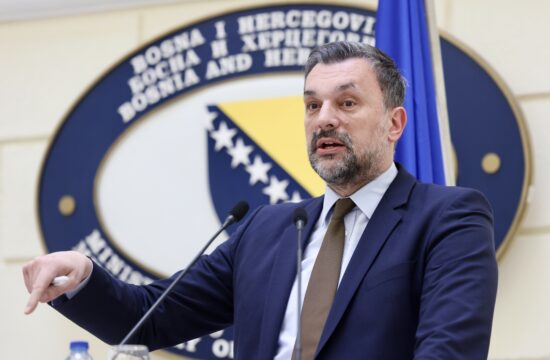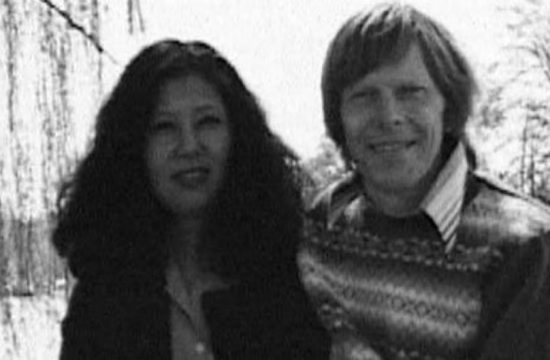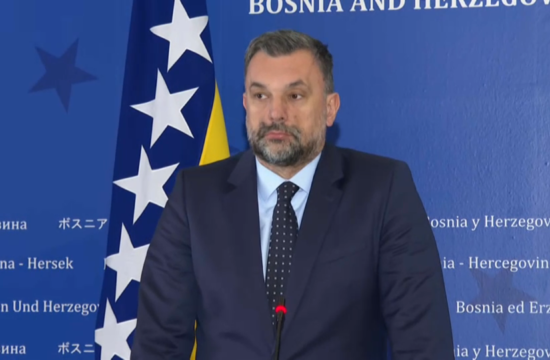Croat member of Bosnia's state Parliament Barisa Colak told N1 television on Wednesday that the US did not exert pressure on his Croat Democratic Union (HDZ) regarding the changes to the Bosnia's Election Law. According to him, media and analysts were the ones who do exert pressure.
Speaking about the ongoing talks on changes to electoral legislation, mediated by the Venice Commission's representatives, Colak said the foreign experts were here to state their opinion on the matter but that the agreement had to be reached by local authorities. He noted that some media outlets had biased reports on this matter, adding that HDZ did not need anyone to promote their stance but only media that would report objectively.
The Venice Commission experts have arrived in Bosnia again this month to help Bosnian authorities and political leaders to find a solution to disputable law provisions and the way in which the Constitutional Court’s decision treating this matter would be implemented. After the May talks yielded no specific results, the talks have resumed this week again.
Opinion of the Venice Commission, the Council of Europe's advisory body composed of international experts on constitutional law, is not binding, said Colak.
Asked if HDZ finds acceptable the law changes that would be conducted at the level of Federation, one of Bosnia's two semi-autonomous entities, he replied this was not possible.
“You can pass the changes at the Federation's level, but they must be harmonized with the provisions at the Bosnia's level. In order to implement election results, you must have (law) provisions to do that,” said Colak, referring to the specific problem with Bosnia's Election Law.
The Constitutional Court of Bosnia and Herzegovina ruled two years ago that the provisions of the Election Law treating the election of the Federation's House of Peoples members were inconsistent with the state Constitution, setting the timeframe for the competent institutions to act and apply the necessary changes. Until today, political leaders have not reached an agreement on how would the court’s decision be implemented and the Election Law amended.
As for the possibility of a temporary solution, which was mentioned in media statements of certain participants of the talks, Colak said such solution would be acceptable only if in line with the Constitutional Court's decision.
Speaking about the proposed technical changes to the Election Law, which were rejected in the parliamentary procedure, HDZ's official, also the former Bosnia's Justice Minister, said innovations were acceptable but that this time it was a “populist law that someone would use to run election campaign.”




